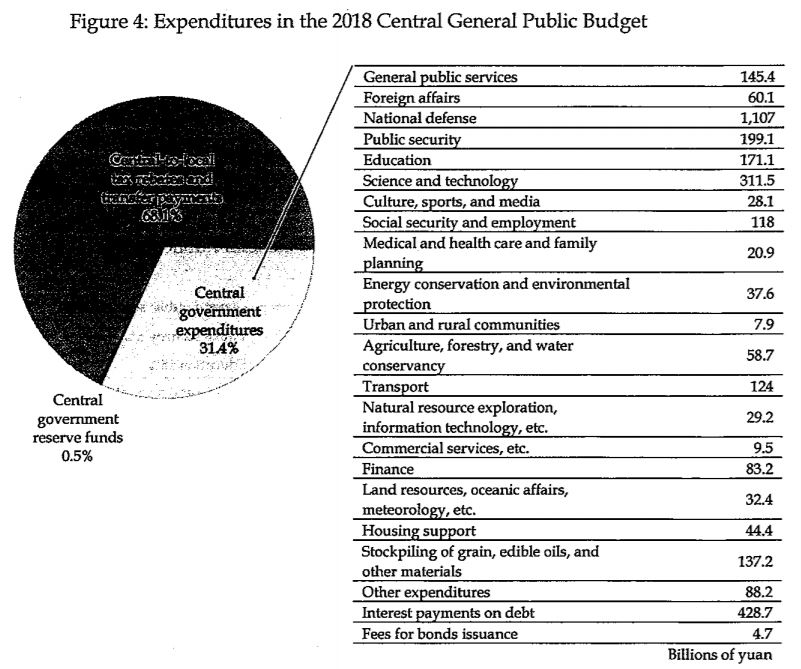Politics trumps everything in China, so when all the top leaders gather in Beijing for their annual meetings, it’s worth paying attention. Sports is not – it must be stressed – a top priority at the “Two Sessions” or Lianghui, but it does get a mention every now and then. Below are the relevant moments from the week’s major speeches, plus some attempts to read the tea leaves.
The major headline coming out of China over the past few days has been the widely-expected confirmation that President Xi Jinping can now stay in power as long as he wants, abolishing the two-term limit (10 years) that was put in place post-Mao precisely to stop one man having too much power in the future. The long-term impact this will have on China has been hotly debated elsewhere, though, as I’ve said before, from a purely sporting perspective there is a positive to be drawn from the fact that China’s long-term football goals are now more likely to stay the course, since the prospect of a new leader who may not like the game is now several years further away.
However, another trend has been that the Communist Party has also grown in power through taking over state institutions, further making a mockery of the supposed separation between the government and the Chinese Football Association (CFA). Despite the fact that recent Chinese football reforms have sought to achieve exactly this separation, in reality the government/Party is all-powerful and still makes all the big decisions – in direct contravention of FIFA laws.
Word of warning: the rest of this is long and pretty dry, but it’s important to know how the sports industry fits into the rest of the political and economic landscape in China – and the implications therein.
Premier’s Work Report

